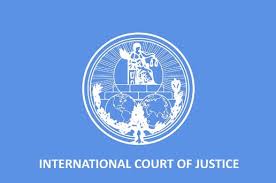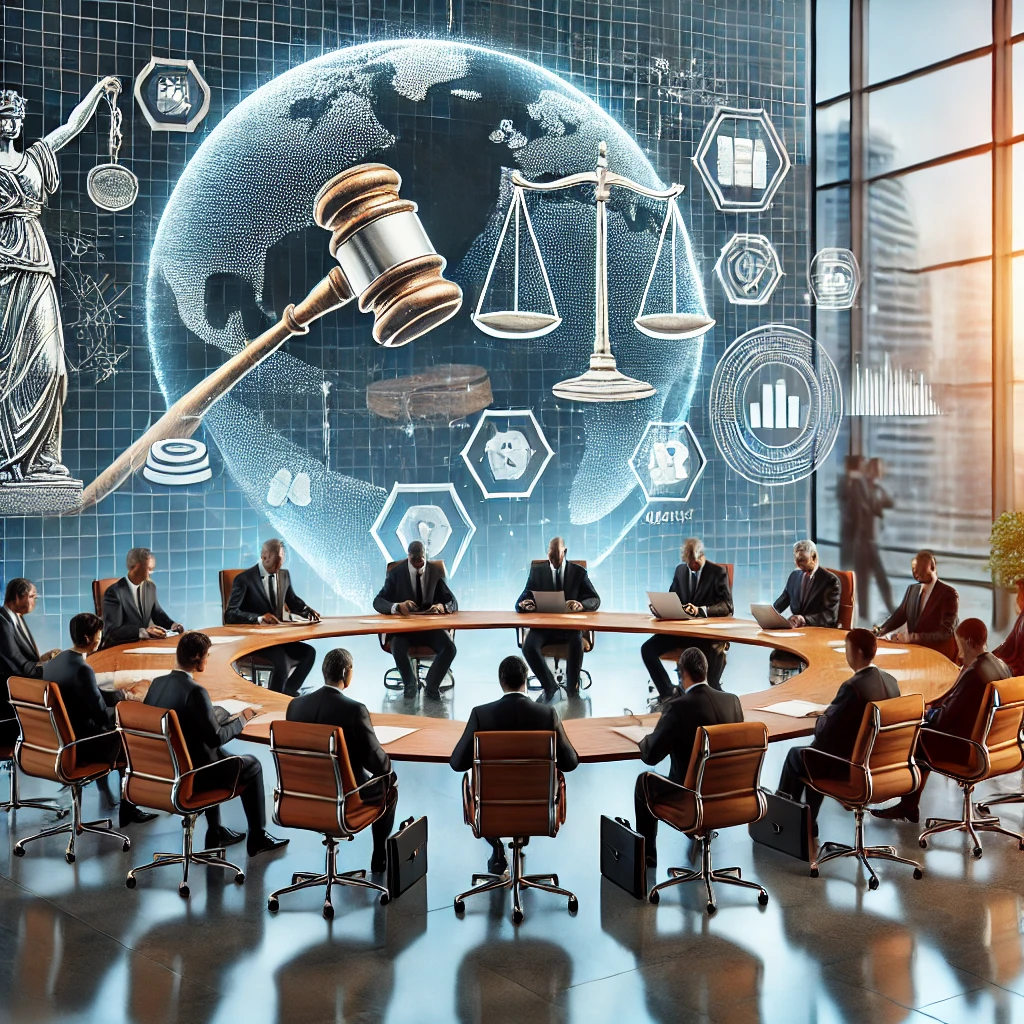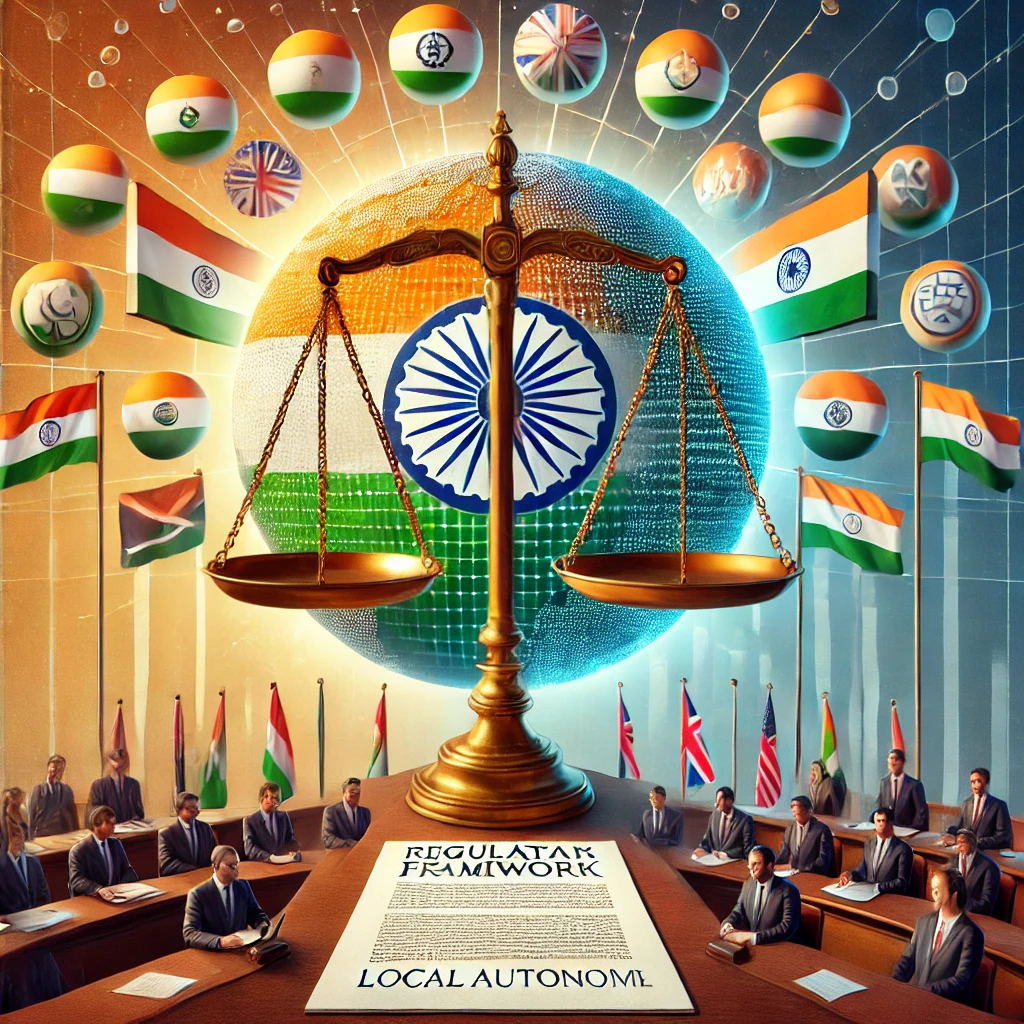Treaties and Conventions
Treaties and Conventions
1. What are Treaties and Conventions?
Treaty: A formal, binding agreement between two or more sovereign states or international organizations. It can be bilateral (between two parties) or multilateral (between multiple parties).
Convention: A type of treaty, usually broader in scope, often negotiated within international organizations like the United Nations. Conventions usually deal with a particular subject area (e.g., human rights, environment).
Both treaties and conventions create international legal obligations for the parties that consent to them.
2. Characteristics
| Aspect | Explanation |
|---|---|
| Form | Written, signed document |
| Parties | States or international organizations |
| Binding Nature | Creates binding obligations under international law |
| Subject Matter | Can range from trade, human rights, environment, to security |
| Enforcement | Depends on international mechanisms or domestic implementation |
3. Treaties and Conventions in Indian Law
India follows a dualistic approach:
Treaties do not automatically become part of Indian domestic law upon ratification.
For a treaty to be enforceable domestically, Parliament must enact legislation to incorporate it into Indian law.
However, treaties influence Indian law and policy and are often considered by courts while interpreting statutes and constitutional provisions.
Under Article 51(c) of the Indian Constitution, the State shall endeavor to foster respect for international law and treaty obligations.
4. Types of Treaties and Conventions Relevant to India
Bilateral treaties (e.g., India-Pakistan Treaty of Peace)
Multilateral conventions (e.g., UN Conventions, Geneva Conventions)
Trade agreements, extradition treaties, human rights conventions
5. Judicial Approach towards Treaties and Conventions in India
Indian courts have consistently emphasized the following:
Treaties must be implemented through domestic legislation before they have force within India.
However, international law principles and treaties may be used to interpret ambiguous domestic laws.
Treaties cannot override the Constitution.
6. Key Indian Case Laws
📌 Kesavananda Bharati v. State of Kerala (1973) 4 SCC 225
The Supreme Court recognized that international law and treaties have persuasive value.
However, they do not supersede the Constitution.
Article 51 is part of the Directive Principles of State Policy, and thus guides state policy but is not enforceable by courts.
📌 Gramophone Company of India Ltd. v. Birendra Bahadur Pandey AIR 1984 SC 667
The court observed that international conventions are not enforceable until incorporated by legislation.
But, they can be used as aids in the interpretation of statutes.
📌 S. R. Bommai v. Union of India (1994) 3 SCC 1
The Supreme Court acknowledged the importance of India’s international obligations and stated that the Indian State must conduct its affairs consistently with these.
📌 Narmada Bachao Andolan v. Union of India (2000) 10 SCC 664
The Court considered international conventions (like the World Heritage Convention) to interpret environmental laws and principles.
📌 Gulf Oil Corporation Ltd. v. Union of India AIR 1995 SC 2348
The Court stated that treaties are binding internationally but need domestic laws for enforcement.
India cannot invoke a treaty to contradict its own statutes or Constitution.
7. Process of Treaty Making in India
The Executive (Central Government) negotiates and signs treaties.
The treaty is then laid before Parliament for approval if it requires domestic legislation.
Parliament may enact necessary laws for implementation.
Courts uphold treaties only to the extent incorporated into Indian law.
8. Difference Between Treaty and Domestic Law in India
| Aspect | Treaty | Domestic Law |
|---|---|---|
| Source | International agreement between States | Passed by Indian Parliament |
| Enforcement | Binding internationally upon parties | Binding within Indian territory |
| Judicial Status | Persuasive unless incorporated | Binding and enforceable by courts |
| Amendment | By mutual consent of parties | By legislative process in India |
9. Summary Table
| Topic | Explanation |
|---|---|
| Treaty | Formal agreement between States, binding internationally |
| Convention | Multilateral treaty on specific issues |
| Indian Position | Dualist; requires domestic legislation for enforcement |
| Judicial Approach | Treaties aid statutory interpretation but don’t override Constitution |
| Important Cases | Kesavananda Bharati, Gramophone Co., S.R. Bommai |
10. Conclusion
Treaties and conventions are important instruments of international cooperation.
In India, they shape policy and legal interpretation but are not self-executing.
Parliament’s role is crucial to make treaty obligations enforceable domestically.
Courts respect international obligations but safeguard constitutional supremacy.












comments